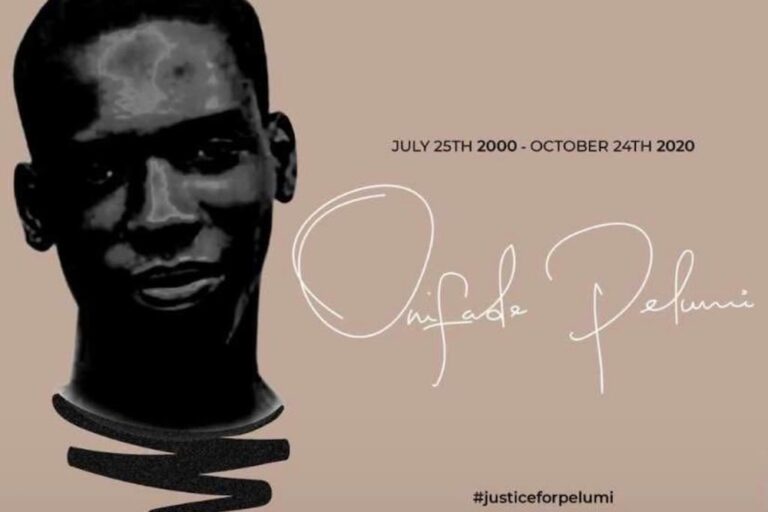(ARTICLE 19/IFEX) – The following is an ARTICLE 19 press release: 9 June 1999 – For immediate release NIGERIA INFORMATION ACT ESSENTIAL TO BACK UP OBASANJO HUMAN RIGHTS AND CORRUPTION PLEDGES ARTICLE 19 today urged President Obasanjo to underpin his commitment to investigating human rights abuses and tackling corruption by ensuring early introduction of a […]
(ARTICLE 19/IFEX) – The following is an ARTICLE 19 press release:
9 June 1999 – For immediate release
NIGERIA INFORMATION ACT ESSENTIAL TO BACK UP OBASANJO HUMAN RIGHTS AND
CORRUPTION PLEDGES
ARTICLE 19 today urged President Obasanjo to underpin his commitment to
investigating human rights abuses and tackling corruption by ensuring early
introduction of a wide-ranging freedom of information act, and repeal of the
military decrees which allow abuses to take place.
Andrew Puddephatt, Executive Director of ARTICLE 19 said today:
“Nigeria urgently needs legal guarantees to ensure that official
documentation is released which helps to bring perpetrators to justice and
remove the official veil which allows abuse of power to thrive. Instantly
achievable is the removal from the statute books of numerous repressive
decrees and laws.
“ARTICLE 19 will follow closely the progress of the new panel set up to
investigate abuses during the Abacha years. We look forward to a thorough
and transparent investigation into the myriad cases of torture,
disappearance, illegal detention, harassment, illegitimate trials and
murder. The credibility of the new government’s commitment to all human
rights investigations will be measured by the speed with which cases are
concluded and how far the investigation leads to those responsible for
abuses being brought to justice,” Mr Puddephatt concluded.
ARTICLE 19 also stressed the need for effective mechanisms to ensure prompt
and thorough investigation of any new abuses as well as all those committed
in the past. Only if independence is guaranteed will both the new panel and
Nigeria’s existing National Human Rights Commission be able to investigate
instances of “informal repression”. This is the phenomenon whereby a
government uses of surrogates to foment local conflict or to stop people
expressing their views, and authorities acting outside the law, for example
by instigating “disappearances”. All of these are suspected to be
contributory factors to the current violence in the Niger Delta region.
ARTICLE 19 will be paying particularly close attention to see whether a
number of cases we have raised on several occasions with the Nigerian
authorities are addressed. These include the “disappearance” of two
journalists in 1996: Bagauda Kaltho, Kaduna correspondent of The News, and
Chinedu Offoaro, a journalist with The Guardian.
a. The reforms are laid out in the Ota Platform of Action, drafted and
agreed in April 1999 by international experts and representatives from
across the Nigerian media, and A Mountain Still to Climb: Censorship and
democratic transition in Nigeria (ARTICLE 19/Media Rights Agenda, June
1999).


